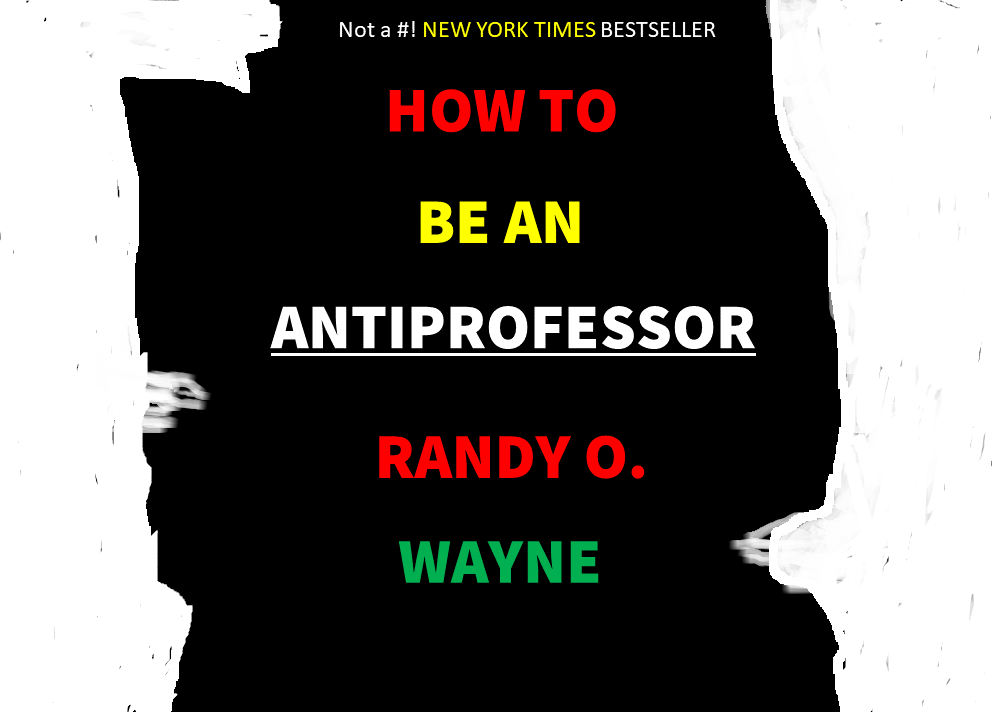In a chapter entitled, The Fight against Genius, William H. Whyte Jr. wrote in The Organization Man:
SUPPOSE FOR THE MOMENT THAT YOU WERE GIVEN THIS MENTAL EXERCISE: without knowing anything about how scientists work today, you were to imagine what would happen if the Social Ethic were applied to science as it has been in the rest of organization life. The chances are that you would imagine, among other things, that: (1) scientists would now concentrate on the practical application of previously discovered ideas rather that the discovery of new ones; (2) they would rarely work by themselves but rather as units of scientific cells; (3) organization loyalty, getting along with people, etc. would be considered just as important as thinking; (4) well-rounded team players would be more valuable than brilliant men, and a very brilliant man would probably be disruptive. Lastly and most important, these things would be so because people believe this is the way it should be.
Whyte defines the social ethic, which he also calls the bureaucratic ethic, as a body of thought that legitimizes the pressure of society against the individual. That is, there is a belief that (1) the group is the source of creativity; (2) belongingness is the ultimate need of the individual; and (3) belongingness can be achieved by the application of social (organizational and merchandising) science that creates organizations with money, money everywhere but not a cent to think. The Organization Man was written over sixty years ago, but Whyte’s mental exercise has become today’s reality.
Whyte goes on to say:
The outstanding genius would not prostrate himself before the group; the mediocre would do it whether anyone asked him to or not. But in between these extremes lies the great bulk of our scientists, and they, just as much as the junior executives, have had to acclimate themselves to the organization way.
What does it mean to be a professor in today’s academic bureaucracy?
The word professor comes from the Latin word profiteri which means to declare publicly. With the bureaucratic ethic found in colleges and universities today, this takes a certain amount of courage.
Coco Chanel was known to say, “The most courageous act is still to think for yourself. Aloud.”
In some respects, being a professor should be one of the most courageous callings. Yet, it is not common to find people in a profession with the title professor who are able to profess their beliefs aloud in today’s cancel culture. In fact, the bureaucratically-bloated academy that is run by both authoritarians and the mob has given rise to the antiprofessor.
One becomes an antiprofessor by not being courageous, by not thinking, or by not professing one’s beliefs aloud.
Far more concerning is the affect that antiprofessors have on students. According to James L. Gibson and Joseph L. Sutherland:
Far from becoming more comfortable with how to express their views as they become more educated, Americans who go to college appear to learn that they should shut up if they disagree with their peers. As a result, it is not those who feel that they have little to say about politics who have learned to hide their “aberrant” views; rather, it is those who live in the most urban and educated parts of the country.
Antiprofessors have become what Erwin Chargaff called “lost souls teaching the young how to lose theirs.”
On a positive note, change may be coming. Kudos to the professors who courageously organized, spoke at, and attended the first Stanford Academic Freedom Conference. According to John H. Cochrane:
We here start with the premise that the core mission of the scholarly community is to uncover new knowledge, to debate and refine knowledge, to pass on knowledge to the next generation, and more importantly to pass on the habits and norms of critical inquiry and scholarly debate that produce true knowledge. We here start from the premise that we are losing academic freedom, and that threatens this core scholarly mission.
The courage, humility, genius, collegiality, and integrity of the professors in the room was palpable. Hopefully academics all over the country will grow a backbone and courageously live up to their title instead of sinking to the title of antiprofessor.



Dear Nancy,
Your nonsilence is admirable. Nowadays lowly and fringe status is something to strive for (as long as it is earned in the search for truth)! There are two silent treatments---one that you get when you ask someone to justify DEI and they are unable to explain it and justify it--the other is when people do not talk to you in the hallways because you do not support the DEI bureaucracy so they assume you are a racist based on Ibram X. Kendi's definition of a racist not the definition found in dictionaries of the English language.
In institutions dominated by Critical Social Justice Ideology, to profess and indeed to question anything that outlies the ideology-in-use is to end one's professorship. Believe me, I know this from personal experience.